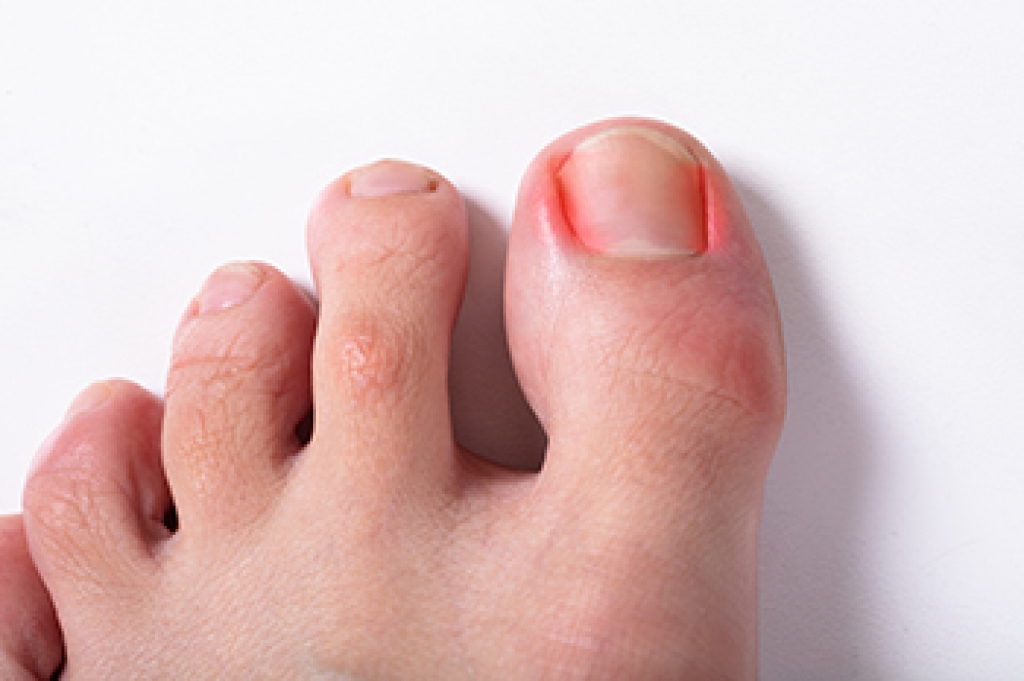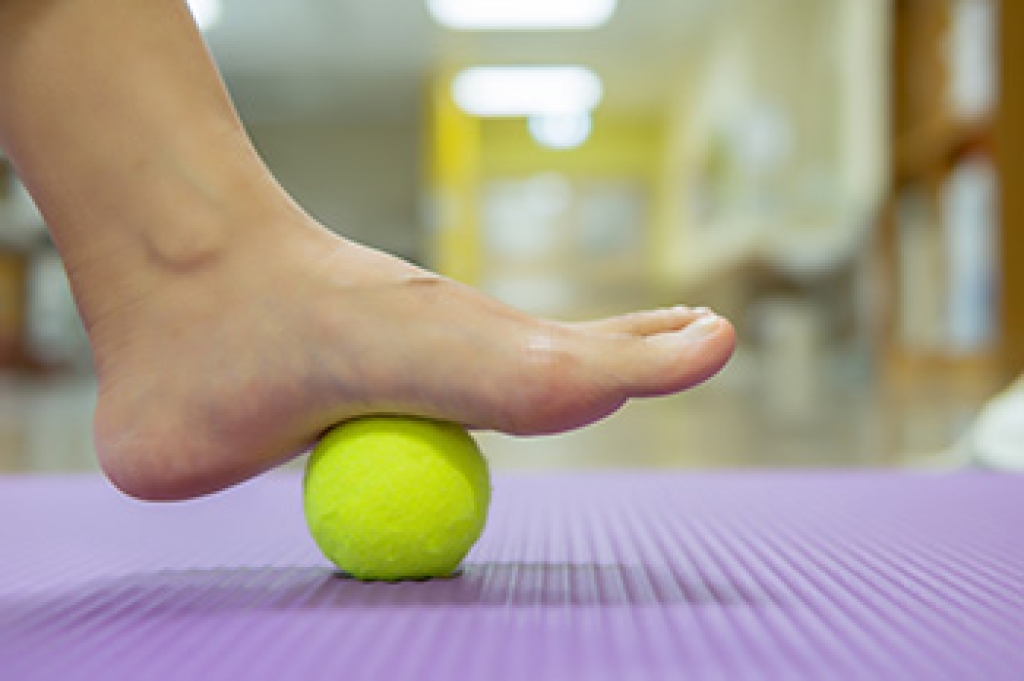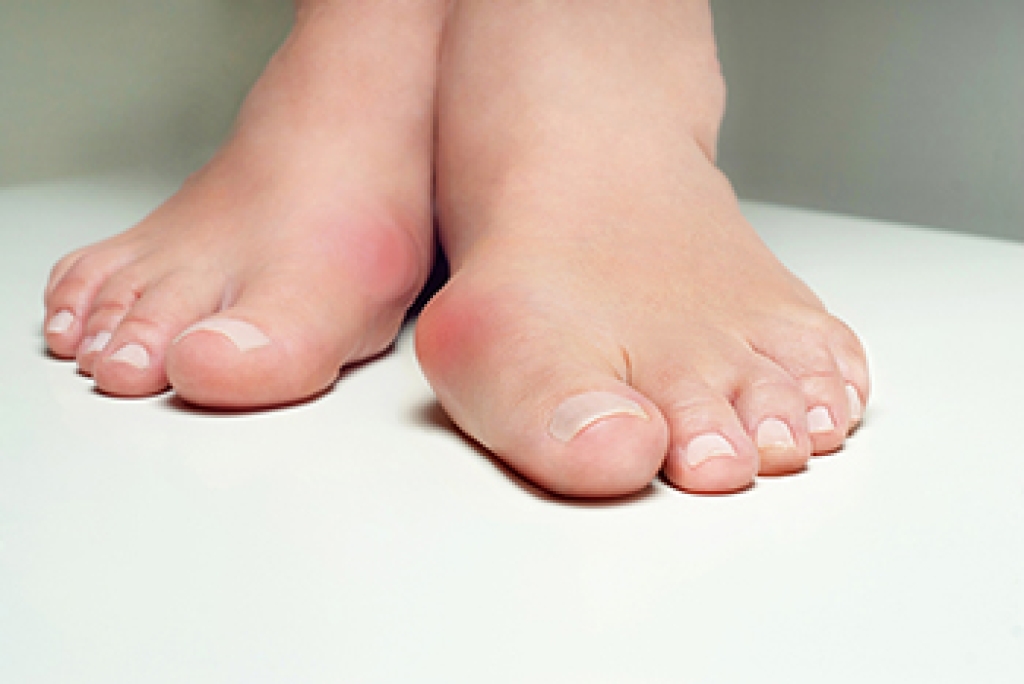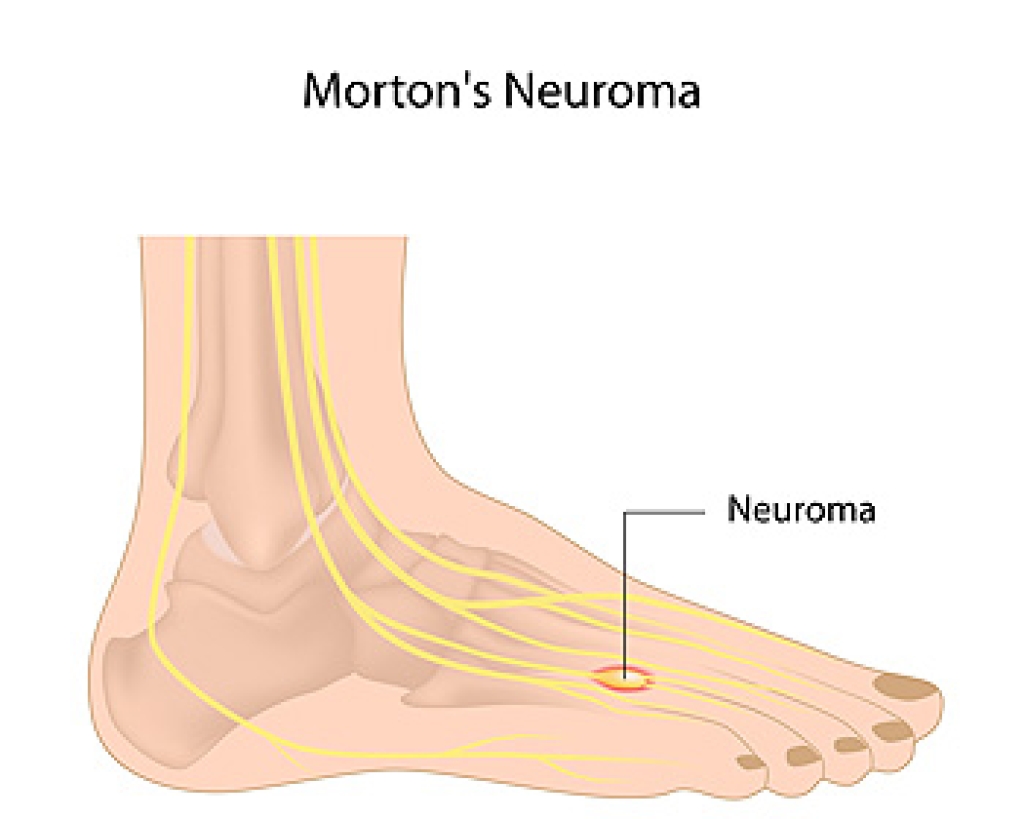
A severely curved toenail, referred to as a harpoon nail, is a structural nail shape in which the edges bend downward and form a tight arc as the nail grows. This shape alone can cause pressure and irritation because the nail naturally presses into the surrounding skin. An ingrown toenail, however, occurs when the nail edge actually pierces the skin and creates inflammation, swelling, and sharp discomfort. Although the two problems are connected, they are not the same. A curved nail increases the likelihood of developing an ingrown nail, but the ingrown portion is the injury that forms once the skin breaks. Shoes that squeeze the toe, trimming the nail too closely, or repeated pressure can turn a curved nail into an active ingrown issue. A podiatrist can relieve the painful area, reshape the edge, and determine if a minor procedure is needed to prevent recurrence. If your toenail shape keeps causing irritation, it is suggested that you see a podiatrist for effective relief and treatment options.
Ingrown toenails can become painful if they are not treated properly. For more information about ingrown toenails, contact Daniel Mendoza, DPM of Nashville Podiatry. Our doctor can provide the care you need to keep you pain-free and on your feet.
Ingrown Toenails
Ingrown toenails occur when a toenail grows sideways into the bed of the nail, causing pain, swelling, and possibly infection.
Causes
- Bacterial infections
- Improper nail cutting such as cutting it too short or not straight across
- Trauma to the toe, such as stubbing, which causes the nail to grow back irregularly
- Ill-fitting shoes that bunch the toes too close together
- Genetic predisposition
Prevention
Wearing proper fitting shoes and using proper cutting techniques will also help decrease your risk of developing ingrown toenails.
Treatment
Ingrown toenails are a very treatable foot condition. In minor cases, soaking the affected area in salt or antibacterial soaps will not only help with the ingrown nail itself, but also help prevent any infections from occurring. In more severe cases, surgery is an option. In either case, speaking to your podiatrist about this condition will help you get a better understanding of specific treatment options that are right for you.
If you have any questions, please feel free to contact our office located in Hendersonville, TN . We offer the newest diagnostic and treatment technologies for all your foot care needs.




